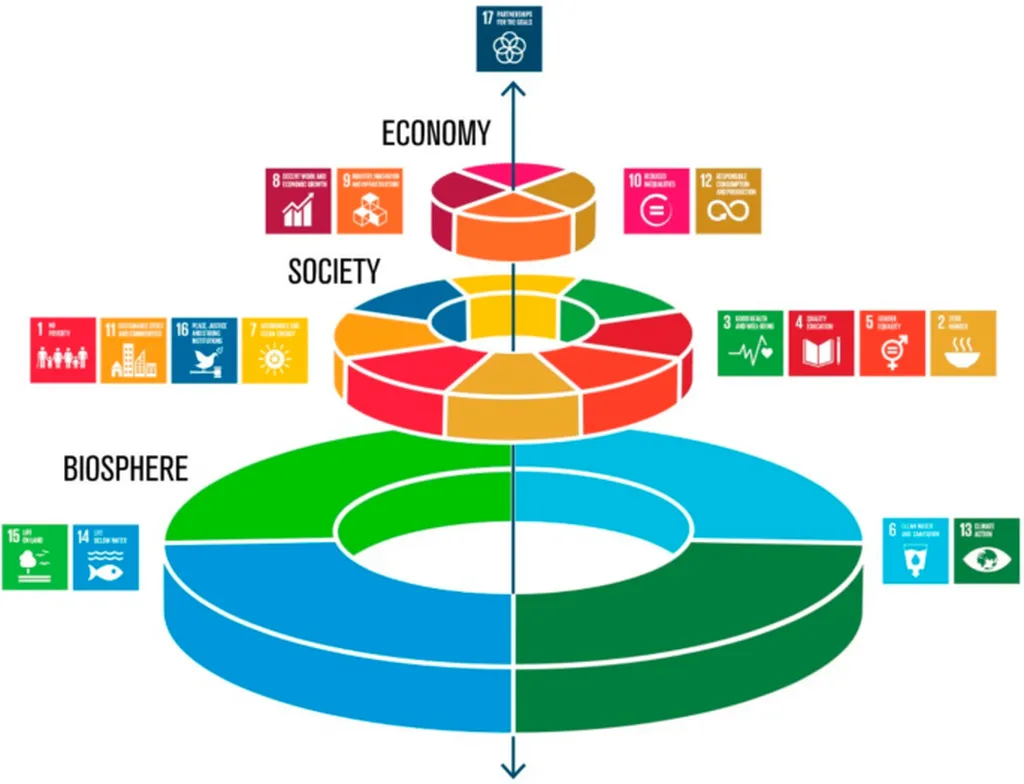In a groundbreaking study published in the journal *Economics and Management of Agriculture*, lead author Georgi Zhelyazkov from the Thracian University of Stara Zagora has proposed a novel approach to interpreting biodiversity as a multidisciplinary challenge, with significant implications for the energy sector and sustainable industrial economy. The research, titled “Methodology and Interpretation of Biodiversity as a Multidisciplinary Problem,” offers a fresh perspective on how biodiversity can be leveraged to drive economic growth while ensuring environmental conservation.
Zhelyazkov’s work is particularly timely, given the European Commission’s 2008 plan for a “sustainable industrial policy,” which redefined biodiversity as a means to unlock new markets and cater to evolving consumer behaviors. The study delves into the complexities of balancing economic interests with ecological preservation, highlighting the need for a holistic approach that integrates various disciplines.
“Our goal was to unite multidisciplinary knowledge to manage and preserve biodiversity in Europe and Bulgaria,” Zhelyazkov explained. “We aimed to systematize the possibilities for studying economic aspects, technical parameters, institutional frameworks, ecology, and the social, cultural, and ethical interests involved.”
The research identifies several key areas for analysis, including the relationship between biodiversity and agriculture, trends in supply and demand models, the economic value of biodiversity, institutional justifications, and the social implications of biodiversity conservation. Zhelyazkov proposes a new methodological framework that combines expert opinions, econometric models, and impact assessments across different levels.
One of the most compelling aspects of Zhelyazkov’s work is its potential to influence the energy sector. By providing a comprehensive understanding of the economic and ecological dimensions of biodiversity, the study offers a roadmap for developing sustainable energy solutions that align with environmental and social justice goals.
“Our findings suggest that there are significant opportunities for the energy sector to contribute to biodiversity conservation while driving economic growth,” Zhelyazkov noted. “By adopting a multidisciplinary approach, we can create a balance between economic development and environmental sustainability.”
The study’s innovative methodologies and regulatory tools could pave the way for new strategies that promote both economic growth and biodiversity conservation. As the energy sector continues to evolve, the insights from this research could be instrumental in shaping policies and practices that support sustainable development.
Published in *Economics and Management of Agriculture*, this research offers a thought-provoking perspective on the intersection of biodiversity, economics, and sustainability. By bridging the gap between different disciplines, Zhelyazkov’s work provides a valuable contribution to the ongoing dialogue on how to achieve a harmonious balance between economic progress and environmental stewardship.

